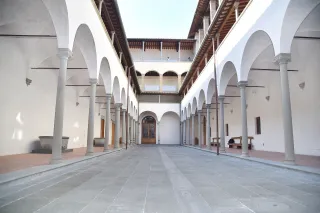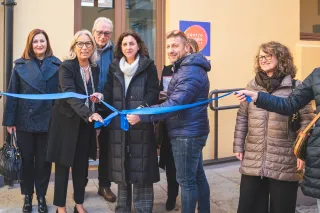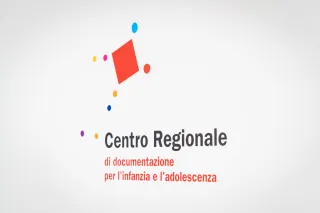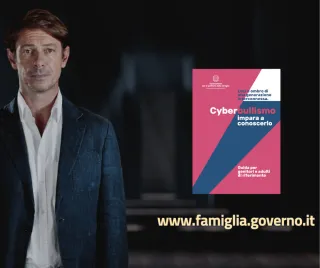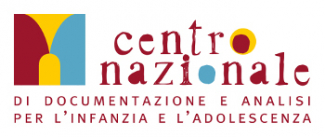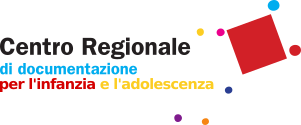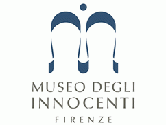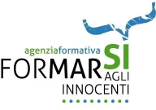Family Centres: from National Planning to the Commitment of the Istituto degli Innocenti
20 July 2023
Area di attività
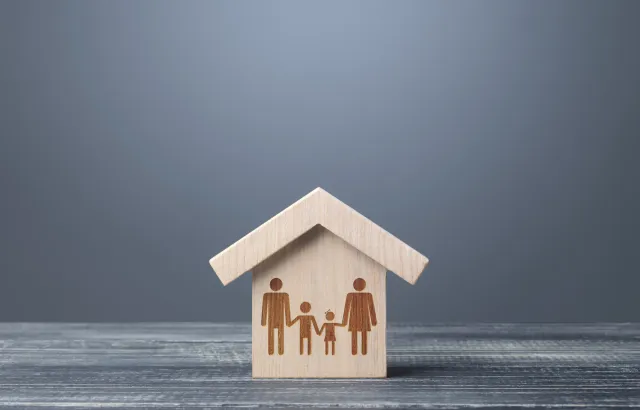
Un centro per le famiglie in ogni zona distretto
Family Centres began to develop at the end of the 1980s as services close to families, with the aim of establishing a permanent point of reference and a place to prevent and care for family fragilities.
In recent years, the development and networking of these Centres has been receiving increasing attention from the government and regional administrations thanks to the input given by, among others, the 2012 “National Family Plan”, the first Italian organic framework for the sector. Tusca-ny is also taking action on this front and the Istituto degli Innocenti, in particular, is working to support and implement this type of service for families.
What are Family Centres?
There is no single definition for this type of service because each Italian region is tasked with regulating Family Centres. However, if we want to give some nationally agreed definitions, it may be useful to recall how these Centres are defined in two documents: the List of Social Interventions and Services and the 2012 National Family Plan. The former states that it is a service to support the exchange of experiences between families with children: it acts as a container and catalyst for opportunities and community resources. The staff working in Centres only play a “directing” role, coordinating and facilitating activities. These tasks are performed with families’ active involvement: family mediation and parenting support activities can be organised in the Centres.
The 2012 Family Plan, on the other hand, talks about centres fostering and coordinating a network of services, provisions, people, organisations and integrated social, health, educational actions in the varied and complex field of policies on family services and care work. The new 2022 National Plan, the outcome of a structured and wide-ranging participatory process, has highlighted the need to guide the Centres towards a model capable of responding to individual needs especially in relational terms. This model is expected to support the individual in terms of family, social and work relations, in a subsidiary and empowering logic that facilitates the development of personal and network resources.
The situation in Tuscany
In 2015, the Department for Family Policies decided to undertake an initial national mapping of the Family Centres in order to monitor their overall state of implementation and to have an overview by individual region. In continuity with the monitoring carried out in 2015, starting in 2019, the Department has created a detailed regional map of policies and services for families, which has been the subject of extensive monitoring, updating and integration. This analysis has shown that about half of the Italian regions have regional regulations on Centres. Among the 11 regions without such legislation (including the autonomous provinces of Trento and Bolzano), experimentation was nevertheless started in some cases. In total, there are 284 cases (of which 60 are experiments), to which, however, further services must be added such as those provided by the networks of Consultori (health and counselling centres) with similar characteristics to those of Family Centres introduced in regions where there is no legislation: Lombardy, Tuscany and Veneto.
In Tuscany, for example, there are 34 Consultori, 29 Foster Centres and 4 Adoption Centres. Recently, the Region of Tuscany, through Council Resolution No. 876/2022, has issued specific guidelines to develop projects under the Fund for Family Policies. The resolution outlined among the objectives the “realisation in each District Zone/Health Society of at least one main centre or Family Centre, even with more than one branch, to meet the needs and demands of families”. The aforementioned resolution also specifies that Adoption and Foster Centres, family mediation services, spaces for family and adolescent support groups, and integrated teams may be located within the Centres. Despite the lack of specific legislation and in view of the implementation of the objectives set by the Regional government, plans are also underway in Tuscany to structure this type of services.
The Istituto degli Innocenti, which has always been committed to protecting children and adolescents, considers the development of these services to be of fundamental importance in order to work on promotion and prevention alongside families. The Institute has already been active not only in monitoring and studying these tools, but also in implementing its services in the direction indicated by the Department for Family Policies. As part of the activities of the Regional Documentation Centre for Childhood and Adolescence, the Institute supported the District Zones/Health Societies from March to June 2023 with local meetings during which the situation of Family Centres and multidisciplinary teams in the various areas was analysed. The Institute is therefore working with the District Zones to support them in designing Family Centres with funding provided by the Region of Tuscany. In the near future, the Institute will also be working on setting up its own Centre, starting with strengthening existing services such as Crescere insieme (Growing together).
Last update: 01/19/2024 - 14:19

